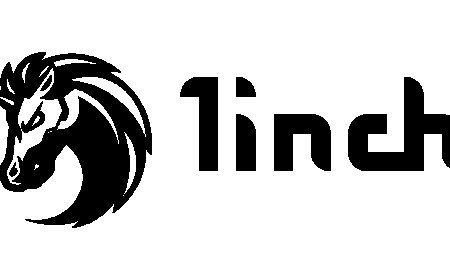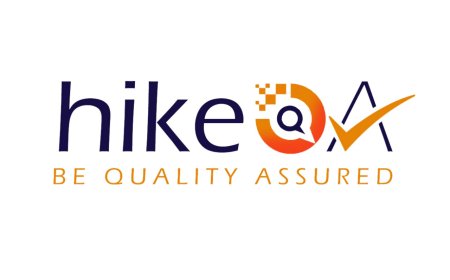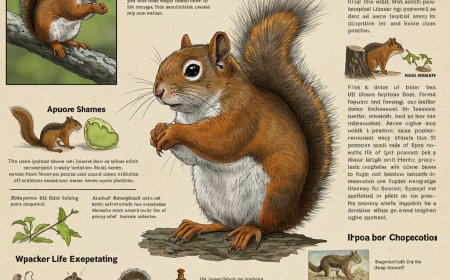Top Trends Shaping the AI Content Creation Tool Industry

Artificial intelligence has transformed the digital landscape, and nowhere is this more evident than in the rise of AI content creation tools. From bloggers and marketers to businesses of all sizes, AI tools are now integral to creating high-quality, engaging content quickly and efficiently. As this technology evolves, several key trends are redefining how content is generated, optimized, and distributed. This article explores the most significant trends shaping the AI Content Creation Tool Market and what they mean for the future of digital content.
Integration of Multimodal Capabilities
One of the most exciting developments in the AI content creation space is the move toward multimodal functionality. Modern AI tools are no longer limited to just generating text. Today, leading platforms support image generation, video scripting, voiceover production, and even animation suggestions. This integration allows users to create entire multimedia campaigns from a single interface, making content more engaging and tailored to diverse platforms like YouTube, TikTok, Instagram, and blogs.
Hyper-Personalization Through Machine Learning
Personalized content has become a powerful marketing strategy, and AI is now central to delivering on this promise. Advanced AI content tools use machine learning to analyze user data, preferences, and behavior. The result is tailored content recommendations and messaging that resonate with specific audience segments. Whether its an email campaign or a blog article, AI-driven personalization increases user engagement, boosts conversion rates, and builds stronger brand relationships.
SEO-First Content Generation
SEO remains a cornerstone of digital visibility, and AI tools are becoming increasingly sophisticated in aligning content with search engine algorithms. Many tools now come with built-in SEO features like keyword analysis, readability scoring, meta tag suggestions, and topic clustering. By automating these optimizations, content creators can produce Google-friendly articles faster and more consistently. This trend not only improves search engine rankings but also ensures long-term organic traffic growth.
Real-Time Content Updates and Optimization
Static content is quickly becoming outdated. AI content tools now offer real-time optimization features that adapt existing content based on current trends, user feedback, and algorithm changes. Tools powered by natural language processing and live data scraping can suggest updates to headlines, body text, and calls to action. This real-time adaptability ensures that content stays relevant, fresh, and aligned with audience interests and search behavior.
Collaboration and Workflow Automation
As remote teams become more common, collaboration features in AI content tools are growing in importance. Platforms now include shared workspaces, editorial workflows, role-based permissions, and automated approval systems. Combined with integrations for tools like Slack, Trello, and Google Docs, AI content creation platforms are evolving into full-scale content management systems. These features streamline content production and ensure consistent quality across teams and departments.
Ethical AI and Content Authenticity
As AI-generated content becomes more widespread, theres growing concern about authenticity, transparency, and ethical use. Industry leaders are responding with AI tools that detect and label machine-generated content, support human-in-the-loop workflows, and provide ethical guidelines for use. Tools are also incorporating features to avoid plagiarism, bias, and misinformation, ensuring content remains trustworthy and aligned with brand values.
Voice and Conversational Content
Voice search and virtual assistants have significantly changed how people access information. AI content creation tools are keeping pace by offering capabilities for conversational content. From writing scripts for voice-activated apps to optimizing content for natural speech patterns, these tools are helping brands tap into the growing demand for audio-based and conversational experiences. This trend is especially relevant for podcasts, chatbots, and smart home devices.
Multilingual Content and Localization
Global audiences demand content that speaks their language. AI tools now offer advanced language translation and localization features, allowing brands to easily produce content in multiple languages without sacrificing nuance or cultural context. These tools not only translate text but also adjust tone, format, and imagery to suit local preferences. This trend is crucial for expanding into new markets and improving global engagement.
Data-Driven Creativity
AI content tools are increasingly merging data analytics with creative strategy. Platforms use performance data from previous content to inform future creation. This includes suggesting topics that drive the most traffic, identifying headlines with the highest click-through rates, and refining copy based on audience behavior. The combination of creativity and data helps users create more effective content that meets both artistic and business goals.
Low-Code and No-Code Interfaces
To make content creation more accessible, many AI platforms now offer user-friendly interfaces that require little to no coding knowledge. These drag-and-drop editors, AI templates, and guided wizards enable non-technical users to produce professional-grade content. As a result, small businesses and solo creators can now compete with larger companies in content quality and consistency. This democratization of content creation is driving innovation across industries.
Conclusion
The AI content creation tool industry is evolving rapidly, driven by advances in technology and changing user expectations. From multimodal capabilities and hyper-personalization to SEO optimization and ethical AI practices, these trends are shaping the future of how we create and consume digital content. Staying ahead of these trends is essential for businesses, marketers, and creators looking to maintain a competitive edge. As AI continues to redefine the content landscape, now is the perfect time to explore these tools, experiment with new strategies, and embrace the future of content creation.









































